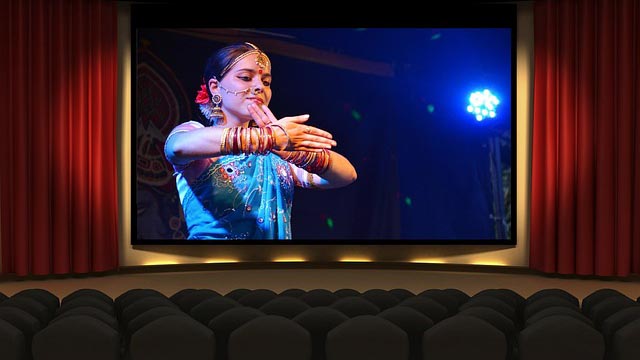The recently released film ‘Adipurush’, starring Prabhas and Kriti Sanon, has been facing a lot of criticism on social media lately for its visual effects (VFX), narrative, design, and direction. The film’s dialogues have, however, come under particularly harsh criticism from several quarters and evoked a political storm.
Adipurush is an epic fantasy film with an adaptation of the epic Ramayana; it’s directed by Om Raut. While Sanon plays Janaki, a character influenced by Sita, Prabhas plays Raghav, a character inspired by the Hindu deity Lord Rama. Saif Ali Khan plays the role of Lankesh, which is inspired by Ravana’s character.
The dialogues in the ‘Lanka Dahan’ (burning of the Lanka) scene in which Lord Hanuman says to Meghnad, the son of Ravana, “jalegi bhi tere baap ki” (even your father will suffer a burn) have drawn most of the criticism. Even though Adipurush broke box office records in just three days, the ongoing issue is far from over.
Praveen Shankar Kapoor, a spokesman for the federally ruling Bharatiya Janata Party’s (BJP) Delhi unit, urged on Saturday, June 17th, that the Censor Board temporarily ban Adipurush and reexamines its “controversial” sequences and dialogues.
Kapoor asked Union Information and Broadcasting Minister Anurag Thakur to reconsider the contentious lines and portions in the film.
Earlier in the day, Delhi’s ruling Aam Aadmi Party (AAP) slammed the film and accused the BJP of supporting the film that denigrated much-revered Hindu deities for political gains.
Sanjay Singh, the AAP’s member of the Parliament (MP) of the upper house, Rajya Sabha, expressed his grave concern about the tone and presentation of Adipurush, questioning whether the Censor Board had been “dozing off after consuming marijuana” when it certified the film.
In his statement, Singh mentioned that Arun Govil, who portrayed Rama in the first television serial made on the epic has also criticised Adipurush. Along with Govil, his co-actor Sunil Lahiri, who played the role of Laxman in the television serial aired in the late 1980s, also disapproved of the film.
Amid this political slugfest, what has become the principal issue isn’t merely what is screened but how it’s screened.
The film’s political leanings become clear at the very beginning when the maker expressed gratitude to several BJP leaders, including chief ministers, for their support.
This list includes chief ministers like Himanta Biswa Sarma (Assam), Manohar Lal Khattar (Haryana), Shivraj Singh Chouhan (Madhya Pradesh), Eknath Shinde (Maharashtra), Pushkar Singh Dhami (Uttarakhand) and Yogi Adityanath (Uttar Pradesh).
The film also expressed gratitude to Madhya Pradesh Home Minister Narottam Mishra and Maharashtra Deputy Chief Minister Devendra Fadnavis.
Priyanka Chaturvedi, a Shiv Sena (Uddhav Balasaheb Thackeray) MP, questioned why the choice wasn’t made simply for the sake of making more money and suggested that the BJP chief ministers who allegedly “blessed” the film should apologise first.
“It is insufficient to simply re-release a film with new dialogue in the hopes of making money. They all need to apologise for ‘pedestrianising’ the words of our cherished gods”, Chaturvedi said.
Adipurush, alike several films released in recent times, appeal to Hindu sensibilities and not spirituality. It’s alleged that the film is promoting a political agenda surreptitiously and it’s also not new in the Hindi film industry. There have been allegations that the Hindi film industry has been peddling communal narratives, which suit those of the ruling BJP.
Visual media is widely acknowledged as a very powerful tool for misleading and swaying public opinion. While many use films to respectfully portray essential themes and issues to increase audience awareness, others use film to push an agenda, often nefarious.
Recently, expressly commissioned commercial Hindi film ventures fall into the latter type, going beyond any goal to engender community-specific stigma and hate. Some of these projects have already been released, while many more are still in the works. And it is clear from several of these initiatives launched after 2014 that they have an overtly unapologetic Islamophobic tone.
Shreya is a committed journalist who takes pride in her work. She aspires to be a political analyst in her journalism career. When she is not working, she indulges in reading, especially non-fictions.





